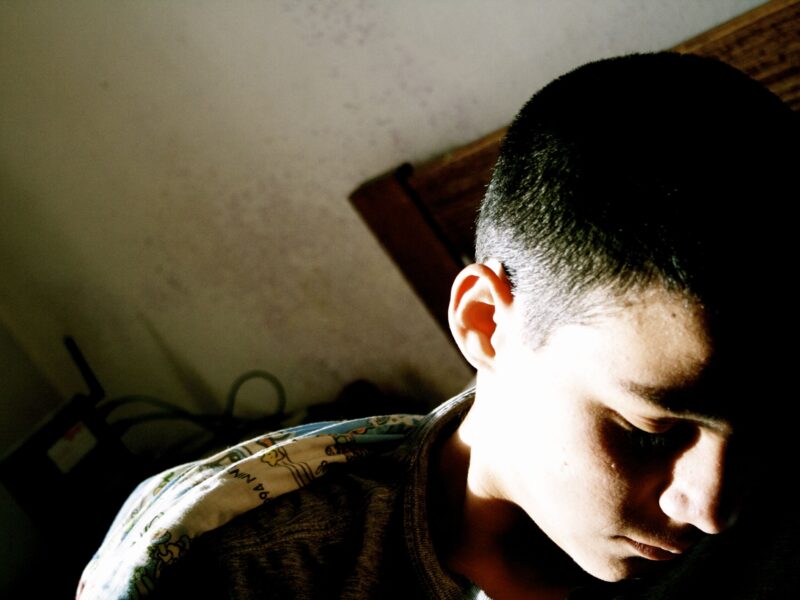Madison House Autism Foundation has posted a Ten Point Guide on Responding to Suspected Abuse of People with Developmental Disabilities. We urge you to share these points with parents, family members or friends whose loved ones receive residential, transportation, day program or other services. We gratefully acknowledge The Disability and Abuse Project for their outstanding work. Our hope is that by widely disseminating this list, it will help reduce widespread abuse. Remember, abuse is likely to occur when three factors are present: power of one person over another, vulnerability, and isolation.
Ten Point Guide on Responding to Suspected Abuse of People with Developmental Disabilities
- Know and believe that abuse can happen to your loved one
- Become familiar with the signs of abuse. Any signs of injury, changes in behavior, mood, communication, sleep or eating patterns are included.
- When you suspect something is wrong, honor your feeling, and take action immediately. (See #4)
- When you suspect abuse, call a Child or Adult Protective Services agency and the police.
- Do not discuss your suspicions with anyone at the program where you believe abuse is occurring, as they may deny any problem, punish your loved one, and/or attempt to destroy any evidence that may exist.
- Remove your loved one from the program immediately.
- If there are injuries or physical conditions, take your loved one to a physician, not only to diagnose and treat the condition, but create documentation of your visit and the findings. Take your loved one to a mental health practitioner who can document the changes in his or her behavior and mood and who can document what your loved one’s memories are of the abuse.
- Create a document in which you write all of your activities. Begin with when you first suspected abuse or neglect. What were the signs or signals you noticed? Write the dates of these, and if there were injuries, detail what they were, their appearance, and where on the body you saw them. If staff gave an explanation, record this in your file. Write down when you called the police or protective services agency, the name of the representative, time and date of the call and what was said. If a staff member discussed this with you, write down what they said and their name, the date and time of the discussion.
- Notify the Regional Center representative of your findings, suspicions and actions or your disability program in your state.
- Get a police report. Contact the Victims of Crime program in your area and seek their support for reimbursement of costs and therapy for the family.


 Podcast | “Make Room in the Workplace for People with Autism”
Podcast | “Make Room in the Workplace for People with Autism”



[…] Source: Please Share: Guide on Responding to Suspected Abuse of People with Developmental Disabilities ̵… […]